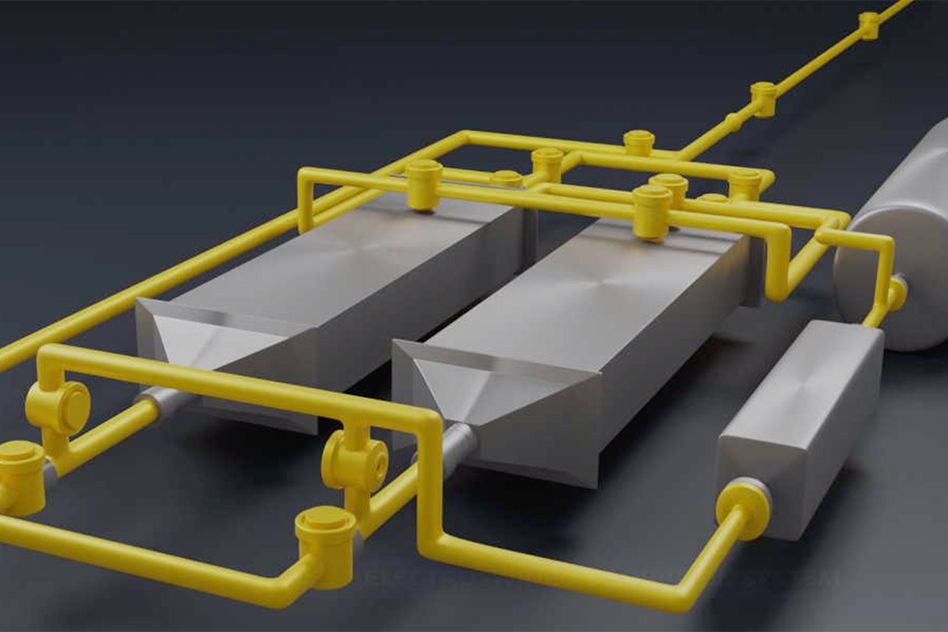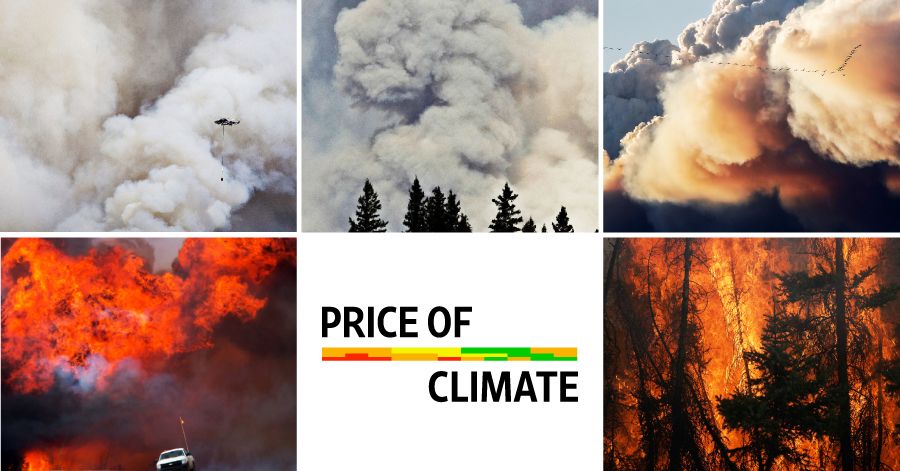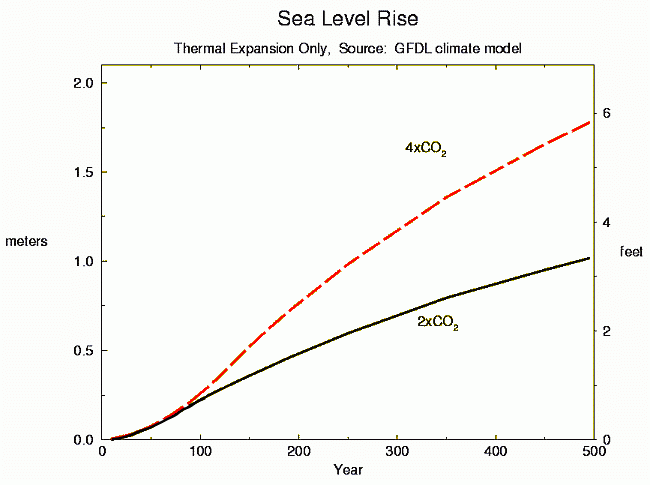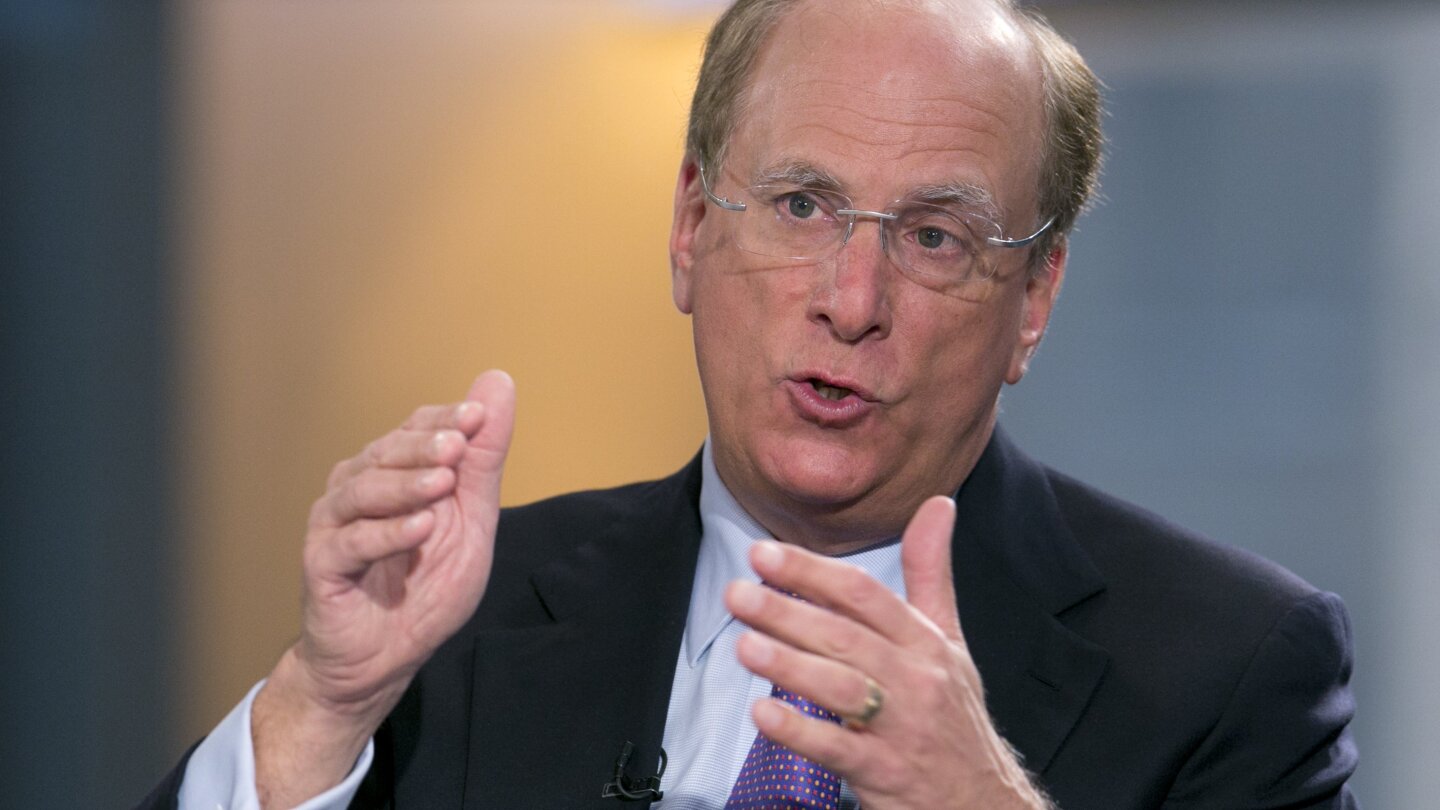samiam5211
Well-known member
Offline
At some point even the Greatas of the world may have to admit that climate change is not something we can prevent. Whether or not it is human caused, there will be a point if no return.
Where is the point where humanity is better served by focusing resources on adaptation rather than prevention?
There is likely much overlap between prevention and adaptation.
One example of this might be the activists’ push against fossil fuels...
Maybe we should be trying use as much solar power as possible now to save fossil fuels for a time when we have a period of glaciation in an area where humans live today? Maybe we will need that oil and gas should there be a time when the Midwest is below freezing five months a year. This is not an uncommon situation in Earth’s relatively recent history.
I do believe that the climate is changing and that we will fail to stop it, and we are the ancestors of people who will have to grow their food in different regions from us and get their energy from different places.
The sooner humanity begins to diversify these necessities the better.
Where is the point where humanity is better served by focusing resources on adaptation rather than prevention?
There is likely much overlap between prevention and adaptation.
One example of this might be the activists’ push against fossil fuels...
Maybe we should be trying use as much solar power as possible now to save fossil fuels for a time when we have a period of glaciation in an area where humans live today? Maybe we will need that oil and gas should there be a time when the Midwest is below freezing five months a year. This is not an uncommon situation in Earth’s relatively recent history.
I do believe that the climate is changing and that we will fail to stop it, and we are the ancestors of people who will have to grow their food in different regions from us and get their energy from different places.
The sooner humanity begins to diversify these necessities the better.
Last edited:







